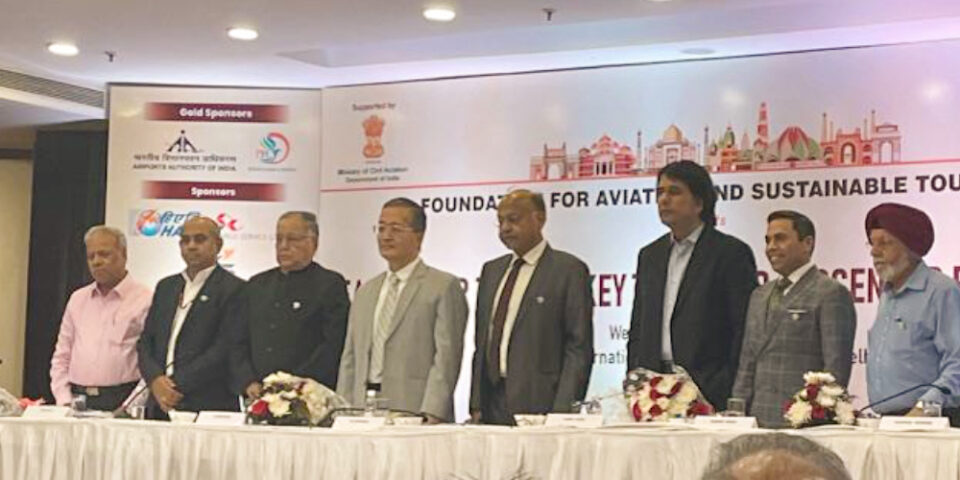In today’s travel landscape, sustainability is no longer a buzzword—it’s a necessity. As India seeks to establish itself as a global tourism hub, the need to align air travel with environmental and social responsibility has never been more urgent. This was the core concern of a seminar hosted by the Foundation for Aviation and Sustainable Tourism (FAST) on April 9, 2025, at the India International Centre, New Delhi, with a forward-looking theme: “Ease of Air Travel: Key to Better Passenger Experience.”
While aviation has often been scrutinized for its environmental impact, it also holds the potential to shape more responsible travel patterns. The seminar focused on how improving the ease of air travel—through better infrastructure, digital innovation, and policy support—can become a catalyst for sustainable tourism growth in India.
Air Travel as a Gateway to Responsible Tourism
Sustainable tourism encompasses more than just preserving natural resources; it includes reducing overcrowding, ensuring economic benefits for local communities, and making travel accessible and equitable. Air travel, being the primary mode of transport for most domestic and international tourists, plays a pivotal role in this ecosystem.
By streamlining the air travel experience, the tourism sector can better manage visitor flows to eco-sensitive areas, reduce pressure on urban hubs, and enhance regional connectivity. These improvements not only reduce travel-related stress for passengers but also contribute to lower carbon emissions and optimized resource use at airports and surrounding facilities.
Simplifying Travel to Strengthen Sustainability
One of the major themes explored at the seminar was the direct link between ease of travel and environmental sustainability. Complex check-in procedures, long wait times, and fragmented transport services often increase the time, energy, and emissions involved in a single journey. Improving passenger processing systems, promoting contactless technologies, and integrating sustainable mobility options like electric ground transport can significantly reduce this footprint.
Further, predictable and efficient travel encourages more responsible trip planning. Tourists are more likely to explore offbeat and ecologically sensitive destinations when accessibility is enhanced through better scheduling, affordable airfares, and simplified transit experiences. This contributes to more even tourist dispersal and reduces the environmental stress on overcrowded sites.
A Role for Policy, Planning, and Partnerships
The seminar also spotlighted the need for collaborative efforts across government bodies, airport authorities, airlines, and tourism stakeholders. Sustainable tourism cannot be achieved without cohesive strategies that embed sustainability into infrastructure development and aviation policy.
Strategies such as the development of regional airports, investments in Sustainable Aviation Fuel (SAF), and incentives for carbon-neutral travel options are key. Additionally, air travel policy needs to be harmonized with environmental standards and tourism planning to ensure that aviation growth doesn’t come at the cost of ecological integrity.

